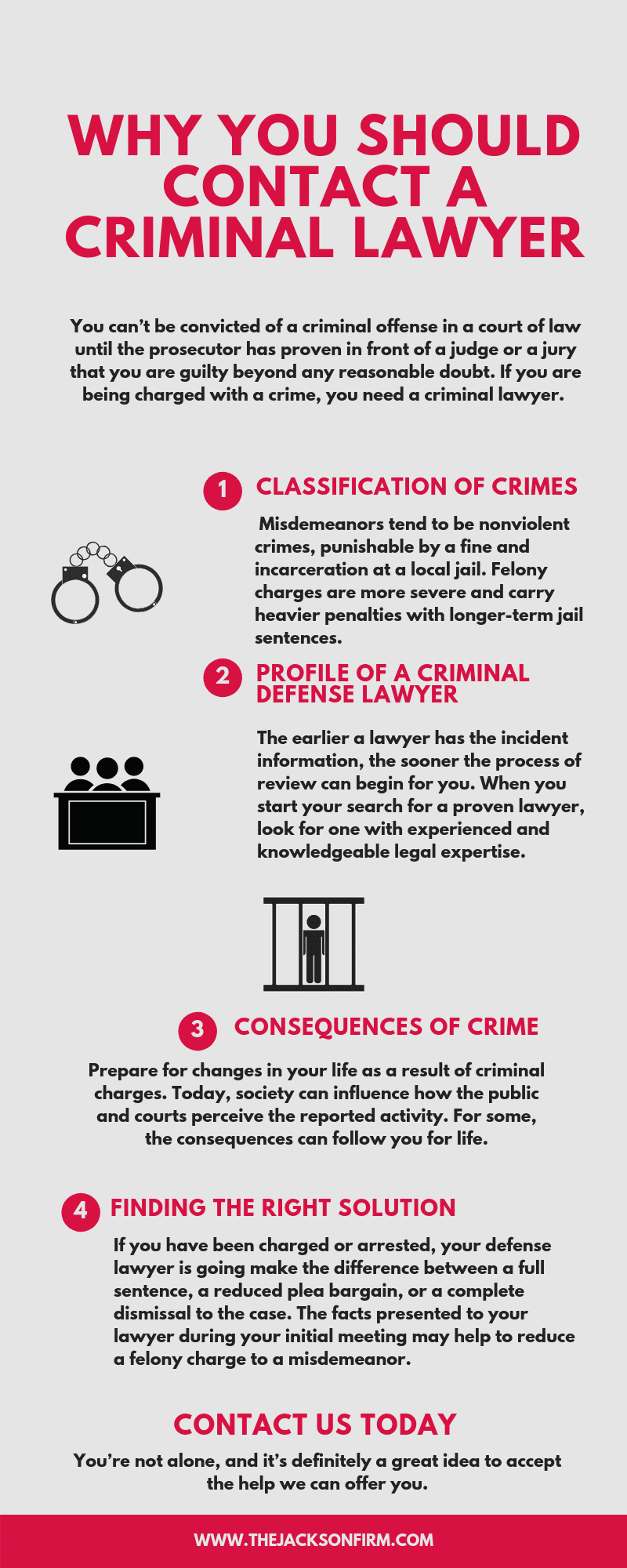Typical Myths About Criminal Protection: Debunking Misconceptions
Typical Myths About Criminal Protection: Debunking Misconceptions
Blog Article
Material Written By-Kearns Harrell
You have actually probably heard the myth that if you're charged with a criminal offense, you have to be guilty, or that remaining quiet ways you're concealing something. These extensive ideas not only distort public assumption yet can likewise influence the outcomes of lawful proceedings. It's critical to peel off back the layers of misunderstanding to recognize the true nature of criminal protection and the rights it shields. What happens if you knew that these myths could be taking apart the very structures of justice? Join the discussion and check out just how exposing these misconceptions is essential for making sure justness in our lawful system.
Myth: All Accuseds Are Guilty
Frequently, people wrongly believe that if someone is charged with a criminal offense, they need to be guilty. You may presume that the legal system is foolproof, but that's far from the reality. Charges can originate from misconceptions, incorrect identifications, or inadequate evidence. It's critical to bear in mind that in the eyes of the law, you're innocent up until tried and tested guilty.
This presumption of innocence is the bedrock of the criminal justice system. It guarantees that the burden of proof lies with the prosecution, not you. They need to develop beyond an affordable question that you dedicated the crime. This high conventional protects individuals from wrongful sentences, making sure that nobody is punished based upon presumptions or weak proof.
Additionally, being charged does not suggest great site of the roadway for you. You have the right to defend on your own in court. This is where a proficient defense lawyer comes into play. They can test the prosecution's instance, present counter-evidence, and advocate in your place.
The complexity of lawful process commonly calls for skilled navigation to safeguard your civil liberties and attain a fair end result.
Misconception: Silence Equals Admission
Lots of think that if you select to remain quiet when implicated of a crime, you're basically admitting guilt. Nevertheless, this could not be even more from the truth. Your right to remain silent is shielded under the Fifth Modification to prevent self-incrimination. It's a legal guard, not a sign of regret.
When you're silent, you're in fact exercising a fundamental right. This avoids you from saying something that may unintentionally damage your protection. Keep in mind, in the warmth of the minute, it's very easy to get confused or talk erroneously. Police can translate your words in ways you really did not intend.
By staying quiet, you provide your attorney the most effective opportunity to defend you successfully, without the issue of misinterpreted declarations.
Furthermore, it's the prosecution's work to prove you're guilty beyond a reasonable doubt. Your silence can not be made use of as evidence of guilt. As a matter of fact, jurors are instructed not to translate silence as an admission of shame.
Myth: Public Defenders Are Inadequate
The mistaken belief that public protectors are ineffective lingers, yet it's important to understand their crucial function in the justice system. Many think that because public protectors are frequently strained with situations, they can not provide quality protection. Nonetheless, this neglects the deepness of their devotion and expertise.
Public protectors are totally licensed lawyers that have actually picked to concentrate on criminal legislation. They're as qualified as personal legal representatives and typically a lot more knowledgeable in trial work due to the volume of cases they handle. You may assume they're less determined because they don't choose their customers, but in reality, they're deeply devoted to the perfects of justice and equal rights.
It is very important to bear in mind that all attorneys, whether public or personal, face difficulties and restrictions. Public protectors typically collaborate with less sources and under even more pressure. Yet, they consistently show strength and creative thinking in their defense methods.
Their duty isn't just a work; it's an objective to ensure that every person, no matter revenue, receives a reasonable test.
Conclusion
You could think if somebody's charged, they must be guilty, however that's not exactly how our system functions. Selecting to stay quiet does not suggest you're confessing anything; it's just smart protection. And https://criminal-lawyers-near-me66655.ttblogs.com/11972964/be-prepared-for-the-intricacies-of-the-legal-process-after-a-dwi-arrest-uncover-the-vital-actions-that-could-form-your-future ignore public protectors; they're committed experts devoted to justice. Remember, everyone should have a reasonable test and skilled depiction-- these are essential legal rights. Let's drop these misconceptions and see the legal system of what it truly is: a location where justice is looked for, not just punishment dispensed.
